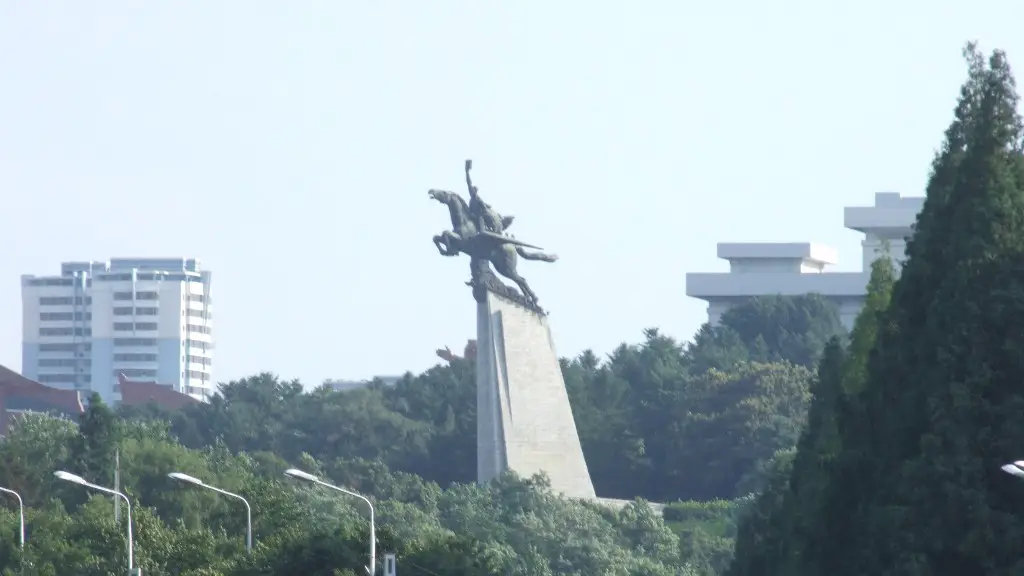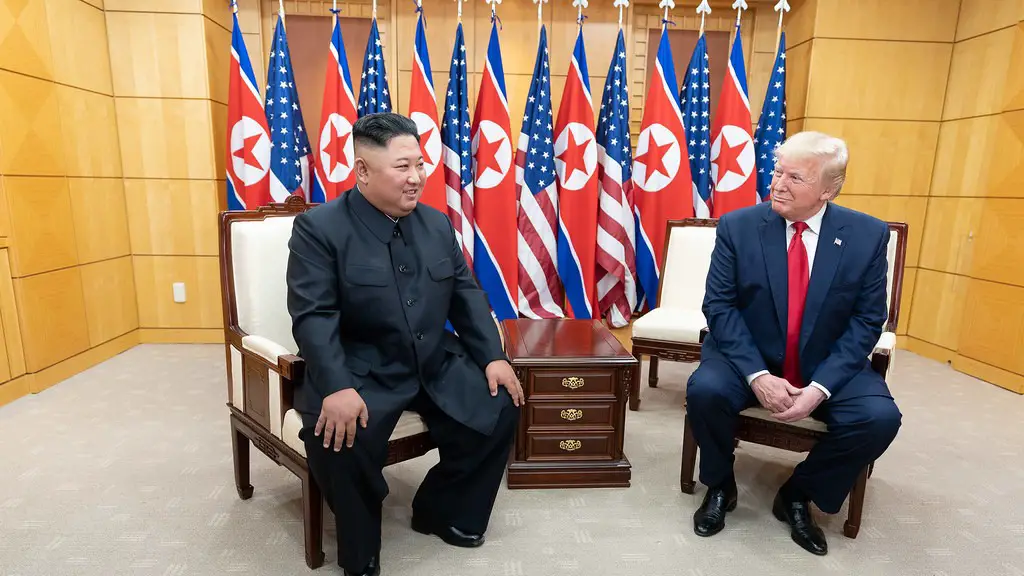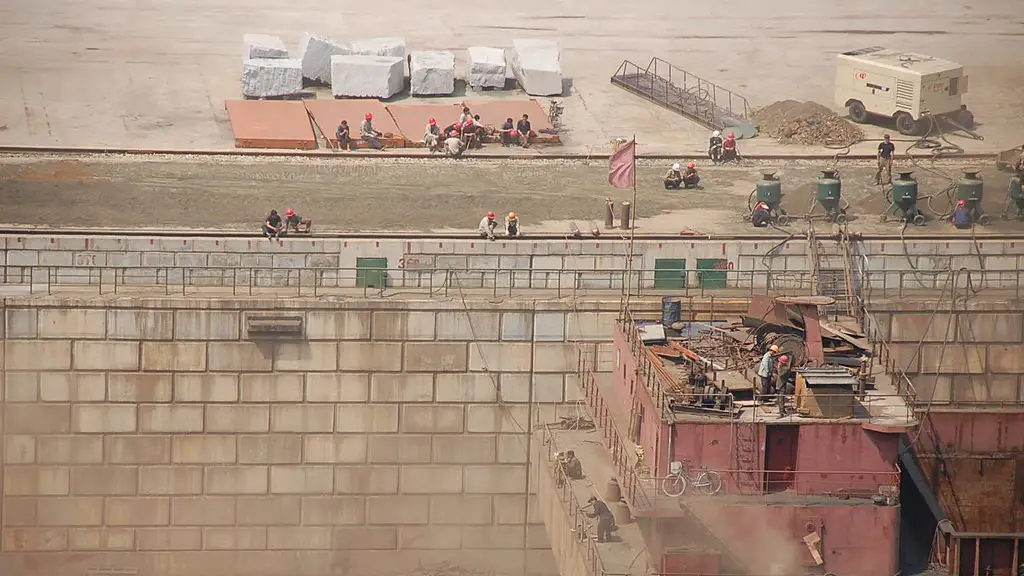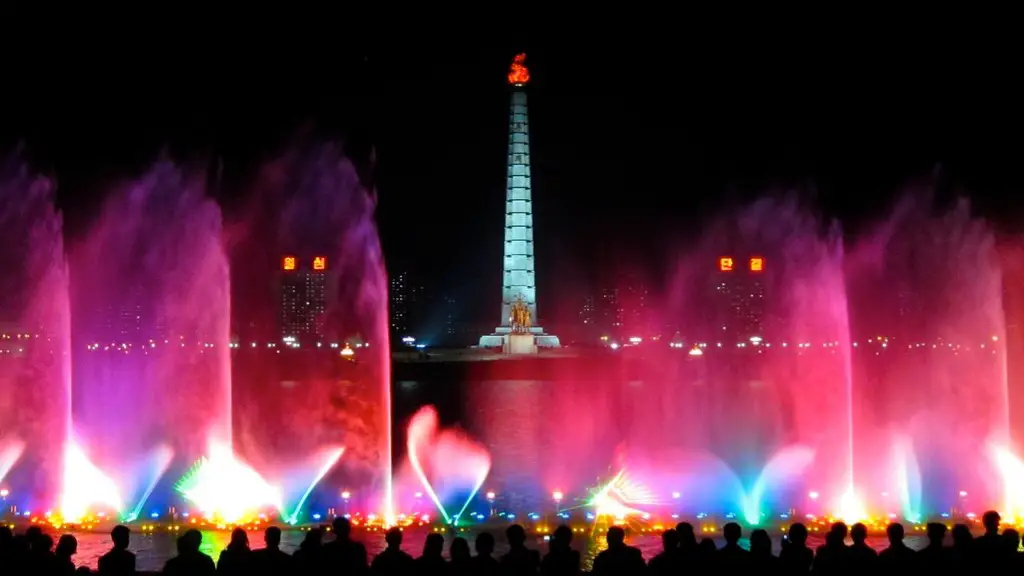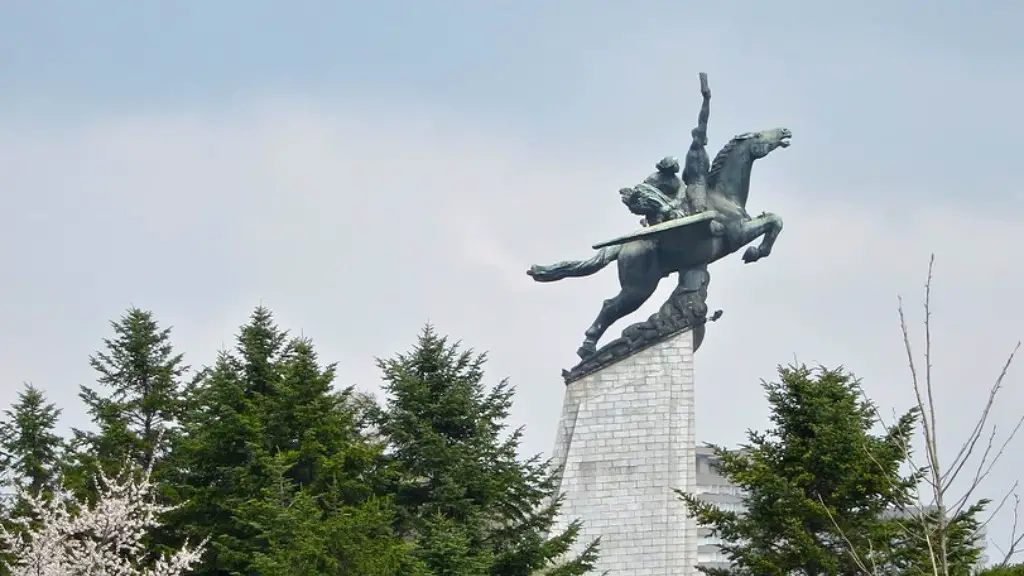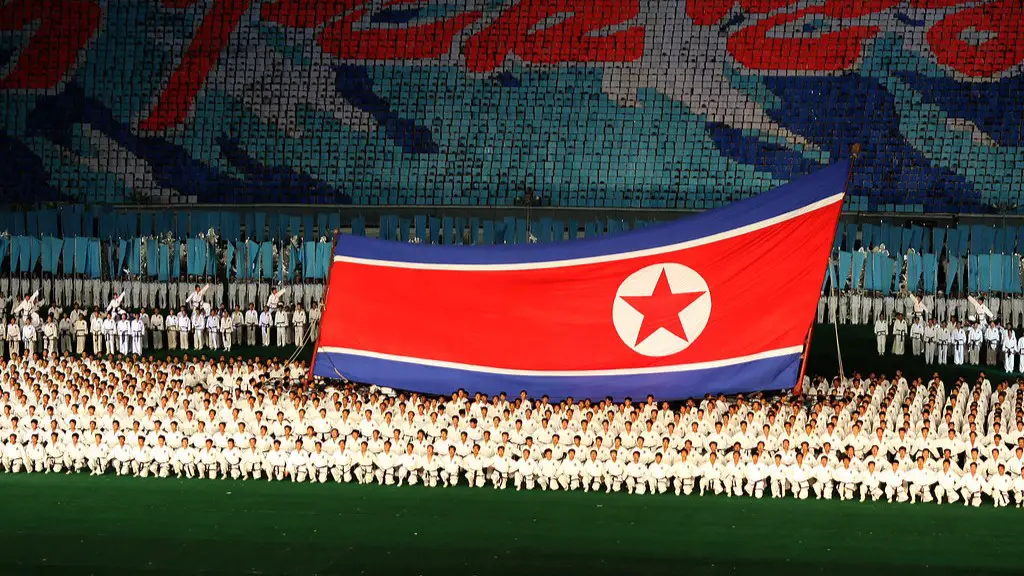North Korea, officially the Democratic People’s Republic of Korea (abbreviated to DPRK), is a country located in East Asia. The North Korean state encompasses the northern half of the Korean Peninsula, a landmass squeezed between China and South Korea, with Russia to the north. North Korea has been isolated as one of the most repressive and secretive states on earth for more than 70 years, since its formation shortly after the Second World War.
North Korea is led by an authoritarian regime headed by the Supreme Leader, which uniquely prioritises the military over its people or economy. Since the Statute of Government was ratified in April 1948, the constitution of the DPRK has served as the legal foundation for the authoritarian political system.
The country has a population estimated to be around 25 million people; the vast majority live in poverty and experience food insecurity. North Korea has been subject to international sanctions for much of the last two decades.
The capital city of North Korea is Pyongyang and is a major hotspot of the nation’s cultural center, with many historical sites, monuments, and well-kept parks. North Korea follows the Juche ideology created by Kim Il Sung in the mid-twentieth century, which advocates self-reliance, individualism, and responsibility for the actions of each person.
North Korea is surrounded by the Yellow Sea and the Sea of Japan, and it shares a maritime border with China, Russia, and South Korea. North Korea is bordered by the Korean Demilitarized Zone (DMZ), which is a 250-kilometer military buffer between the North and South Korean states.
The economy of North Korea is state-run, and it is regularly described as one of the most centrally planned and least open economies in the world. Its annual gross domestic product (GDP) totals approximately US$25 billion according to the Bank of Korea, compared to $1.4 trillion for South Korea.
The hermit kingdom is officially a unitary one-party state, but in practice it is a totalitarian dictatorship ruled by the Kim family which has held absolute power since its rule started in 1948. Although North Korea’s government is highly authoritarian, it is also largely nationalist and has a single point agenda to expand on its nuclear capabilities, maintain stability and bring glory to the nation.
Education in North Korea
North Korea has been categorized as a “highly authoritarian state” by political scientists and has maintained its status as a totalitarian state since the late 1940s. All aspects of life in the Democratic People’s Republic of Korea (DPRK) are under government control, including the education system. North Korea is home to more than 25 million people and education is compulsory for all students until year 9. There are two major educational pathways available for students to choose from, which are either the regular school route or the higher education route.
Students who follow the regular school route are required to attend primary schools until the age of 14 and the higher education route will provide students with the necessary preparation to enter universities. In North Korea, universities only accept students who score high in their high school entrance exams. Only students who score above a certain score will be able to gain access to universities and become certified doctors, lawyers and other professionals. The curriculum provided in North Korean schools consists of Korean history, language, mathematics, and science, as well as other disciplines related to the nation’s leadership and values of the ruling Workers’ Party.
Books are scarce in North Korean universities, and professors must deliver lectures from memory. However, only the elite from universities have access to the Internet and Western media. The government heavily censors what information is available to the public, which has led to a lack of knowledge on international trends in academic pursuits which affects the quality of education. Education in North Korea is also heavily politicized, and the values of the state are instilled into students by means of indoctrination.
Culture in North Korea
Norther Korean culture is heavily influenced by Confucianism, which is evident in their strong hierarchical society, respect for authority and tradition, and preference for conservatism in social life. The country’s main religion is Juche (self-reliance), which is a form of Marxism-Leninism. North Korea is also a strongly patriarchal society, with men in the highest echelons of authority.
Arts, literature and language are highly valued in North Korean culture, and literature is heavily rooted in the country’s history and ideology. The national language is Korean, and its written form combines an alphabet derived from Chinese characters with a unique system of abbreviations. Music and traditional dance are also deeply rooted in North Korean culture, and both national and revolutionary music is commonly performed or heard.
Sports have also been a major part of North Korean culture for many years. Cheering for popular sports teams is a key element of North Korean culture. North Koreans are particularly passionate about a game called “Horse Racing” which is a mix of soccer and polo. Some of the traditional meals consist of Kimchi, a fermented cabbage dish; japchae, a stir-fried glass noodle dish; and pulgogi, a marinated beef dish.
Politics in North Korea
North Korea is an authoritarian regime led by the Supreme Leader which was ratified in the mid-twentieth century, with the constitution of the DPRK as the legal foundation. Currently, the Supreme Leader is Kim Jong-un and the highest executive powers are held by the Supreme People’s Assembly, which is the nation’s legislative body. The state has a single-party system, with the Workers’ Party as the only party legally accepted in the country. The government is supported through various pro-government organizations such as the Korean People’s Army and the Korean Socialists’ Youth Union. The state is highly centralized, with an emphasis on the military and strict censorship.
North Korea has been subject to crippling international sanctions for its hostile stance in the international political arena. The country also faces strong criticism and condemnation from world leaders who have dubbed its political system as oppressive and dictatorial. North Korea’s nuclear program has also been a major cause of international concern and controversy.
The nation continues to maintain a policy of “self-reliance”, rejecting foreign aid and intervention. North Korea is a member of the United Nations (UN) and has participated in several international events, such as the 2018 Winter Olympics in Pyeongchang, South Korea. In spite of the many challenges facing the DPRK, North Korea has seen some economic growth in recent years and remains a highly contested area of geopolitical interest.
Human Rights in North Korea
North Korea has one of the most oppressive and repressive regimes in the world for many human rights issues. The country has been cited by human rights organizations as one of the worst countries in terms of basic human rights such as freedom of speech and assembly, freedom of the press, and freedom of religion. North Korea has been called a “massive prison state” due to the government’s extreme use of surveillance and control over its citizens, as well as its oppressive criminal justice system which doles out harsh punishments even for minor crimes and infractions.
The government of the Democratic People’s Republic of Korea has faced numerous international condemnations for its human rights violations, with several reports citing use of torture, forced labor and arbitrary detention by the state authorities. According to various human rights organizations, North Korea also uses public executions as a form of intimidation, and has been accused of committing abuses against people with disabilities, refugees, prisoners of conscience and political dissidents.
The government of North Korea tightly controls all media and access to information, and it bans the spread of any foreign media. Internet access is limited to a privileged few, and those who are found with foreign media are frequently arrested and put on trial. The people of North Korea are subject to discrimination and oppression and their access to fair justice is severely limited.
Conclusion
North Korea is an isolated and mysterious country standing on the edge of the east-asia continent, surrounded by the Yellow Sea and the Sea of Japan, and bordered by South Korea, Russia and China. The country has been a totalitarian state since the late 1940s and its people remain heavily suppressed by the oppressive regime in Pyongyang. North Korea has experienced extreme economic hardship and its people face widespread food insecurity, with only a few having access to the internet and foreign media. The country is mired in international political and economic sanctions and has maintained a policy of “self-reliance”, rejecting foreign aid and intervention.
The human rights situation in the DPRK is deeply worrying, with countless reports of torture, forced labor and arbitrary detention. Education and culture in North Korea have been severely impacted by the state’s oppressive nature, and the prospects for change remain bleak. North Korea is a mysterious country holding firm on a single-party system and relying on its military capabilities as a source of pride and power.
